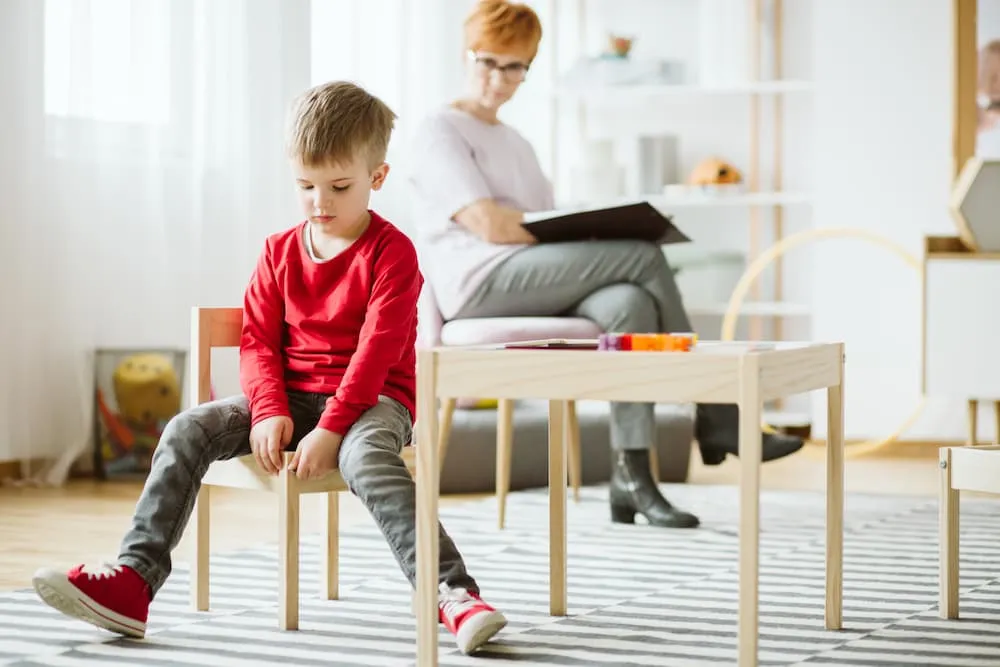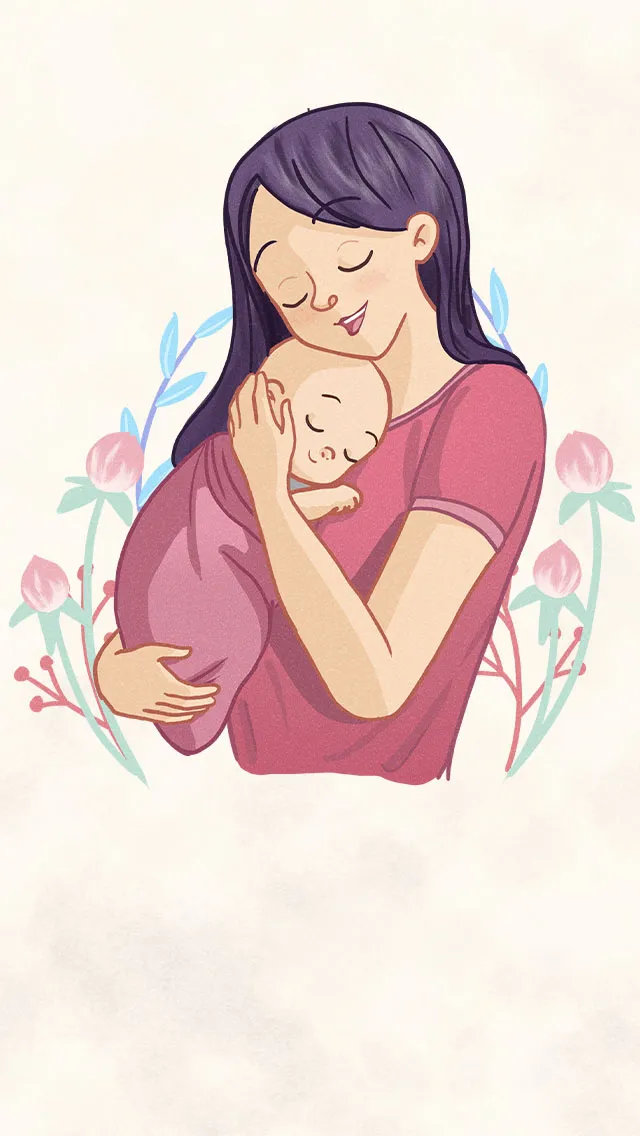Massage benefits all individuals, including young children, toddlers, and newborns. In other words, massage therapy has many health benefits for all children, regardless of age or pregnancy.
When is it safe for children to start massages?
You can start giving massages practically from birth. It should be done gently and, above all, using lotions to protect the baby's skin.
Massage can help children at any age, but it's especially helpful for kids between 8 and 16 years old, when they're likely going through growth spurts. During these times, their bones grow faster than their muscles, which can benefit from massage.
According to Francisco Cornejo, Several variables can affect the appropriate age to begin giving massages to kids, including age, development, health, and diet.
So, whether you are pregnant, have a newborn, toddler, or older child, they all can benefit from massage in different ways.
For instance, it's essential to explore the question, 'Can kids get massages?' to gain insights into the benefits and considerations associated with introducing massage therapy to children
Benefits of massages at all child stages
Children at every developmental stage can benefit greatly from massage, from the sensitive prenatal period to the boisterous toddler years. Let's examine more closely the particular benefits of each massage:
It is proven to increase dopamine (the feel good hormone) and decrease cortisol (the stress hormone). This helps regulate anxiety and stress levels that can become imbalanced due to social, family, and academic pressures.💡 Nationwide Childrens Org
1. Pre-birth connection
- Communication and bonding: A mother's tummy massaged gently throughout pregnancy might awaken the baby's senses and foster communication. According to studies, it may even affect embryonic development and stress levels.
- Lessens anxiety in the mother: Pregnant women who receive massage therapy report feeling less stressed and anxious, which helps to soothe the mother and the unborn child.
2. Newborns
- Enhances digestion and reduces gas: Light pressure applied to the abdomen helps ease constipation, gas, and colic discomfort, thus enhancing digestive comfort.
- Controls sobbing and sleep: A massage can trigger the production of oxytocin and other soothing hormones, encouraging deep, restful sleep. This may result in less fussiness and weeping.
- Encourages a balanced diet: Massage can help children feel calmer and more at ease during mealtimes by building a good link with touch.
- Reflex stimulation: Gently rub your baby's feet, paying special attention to the spaces between their toes and the area close to their heel. Reflex points in these regions are connected to nutrition absorption and digestion.
- Stimulates appetite and improves food absorption: Research indicates that massaging a child may enhance their hunger and facilitate better absorption of nutrients, which may help babies and early children gain weight healthily.
- Relaxation and stress relief: A massage can impact general health and development by lowering stress and fostering a sense of well-being.
Here are some valuable tips for starters, especially regarding consent for kids
"One of the best ways to stimulate a child from his early childhood is through massage, especially when it is performed by one of his parents."
💡Dra. Lorena Koppel
3. Toddlers
- Helps keep your child's heart and breathing healthy: massage can further regulate the beating of your little one’s heart and respiratory system and increase muscle development.
- Promote the production of growth hormones: massage can even promote the production of growth hormones which can help with weight gain.
- Massages help your little one sleep better: our massages help your little one sleep better because massage also helps the production of melatonin, the sleep hormone.


Written By
Francisco Cornejo, a dynamic entrepreneur with a Masters in Communication from RMIT University in Australia, is the Co-Founder and CEO of Storybook. As a serial entrepreneur, he notably served as the Chief Marketing Officer at Honda Motors in Latin America, shaping the brand's regional presence. Passionate about family well-being and communication, Francisco leads Storybook in its mission to improve children's health globally, aiming to create positive impacts in both corporate and societal spheres.
References
- Nationwide Children's Hospital. (2016, February). Benefits of Massage Therapy for Children. https://www.nationwidechildrens.org/family-resources-education/700childrens/2016/02/benefits-of-massage-therapy-for-childrenn




.webp)
.webp)
.gif)




_11zon.webp)

